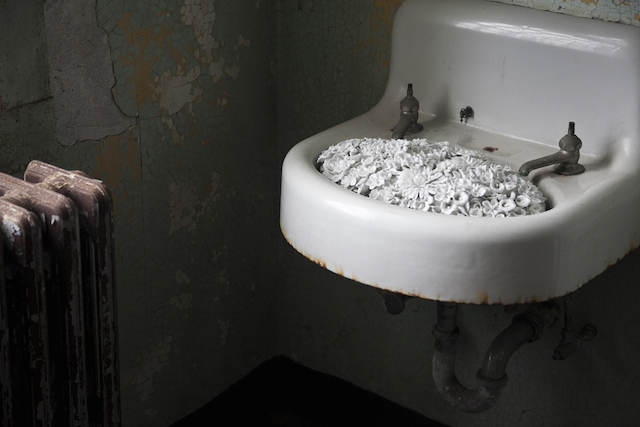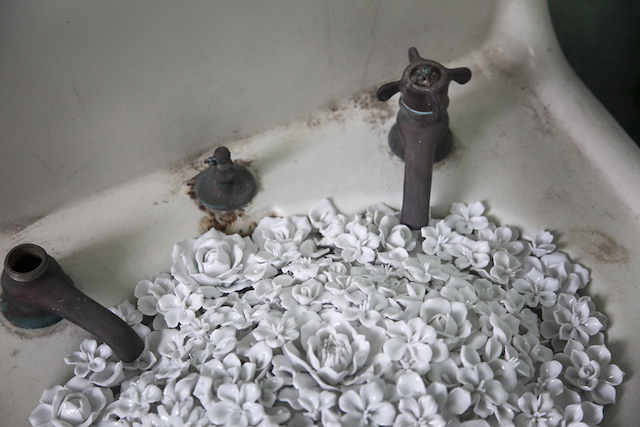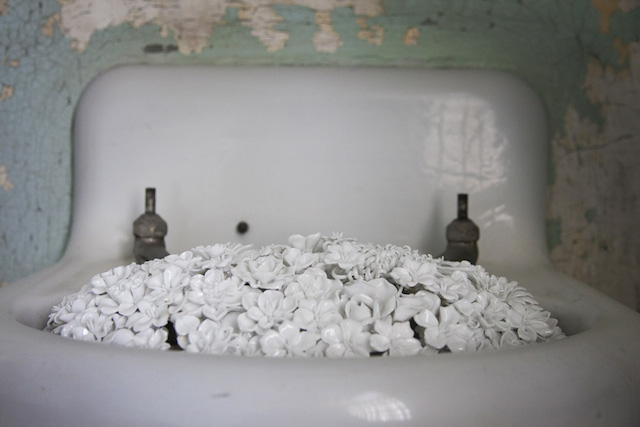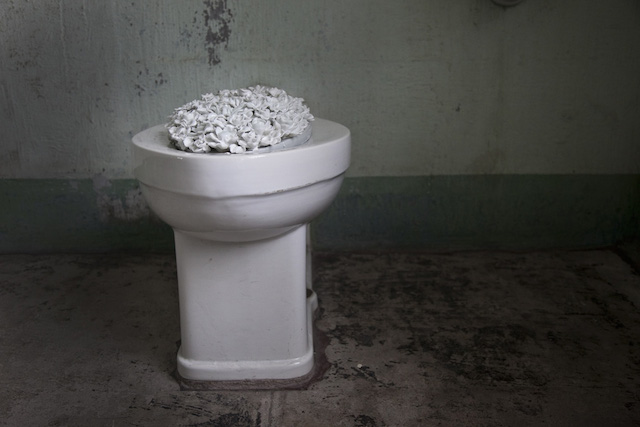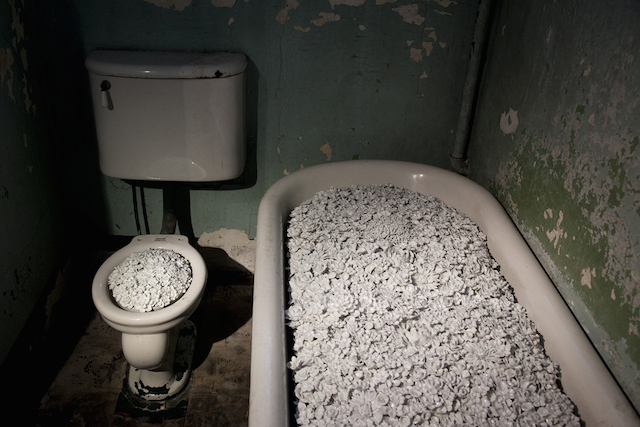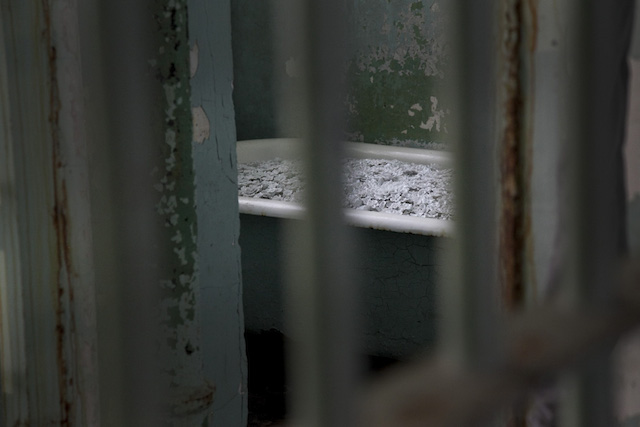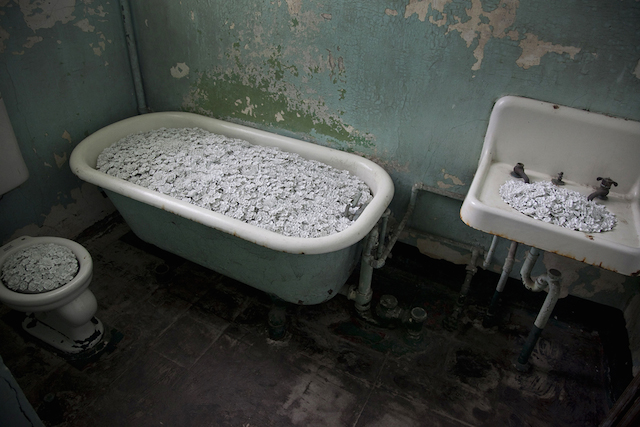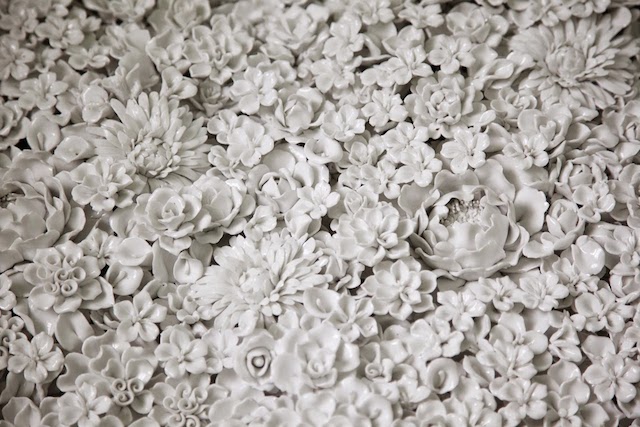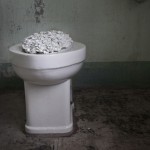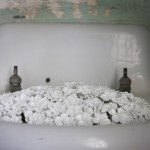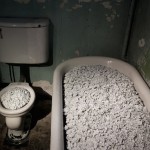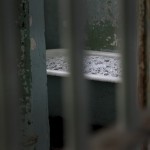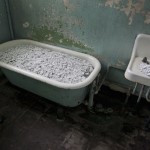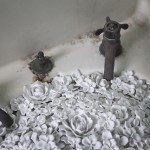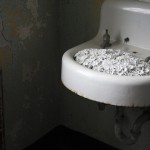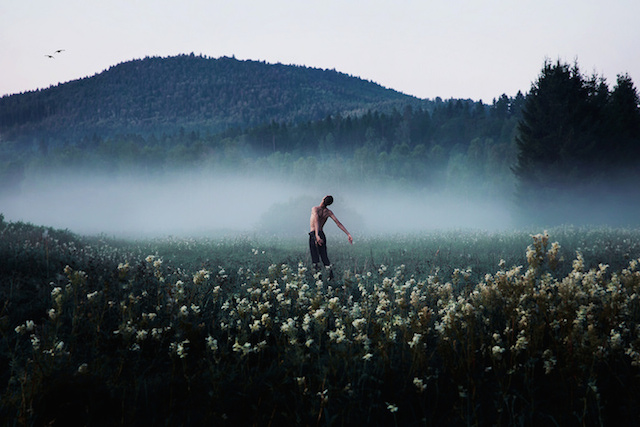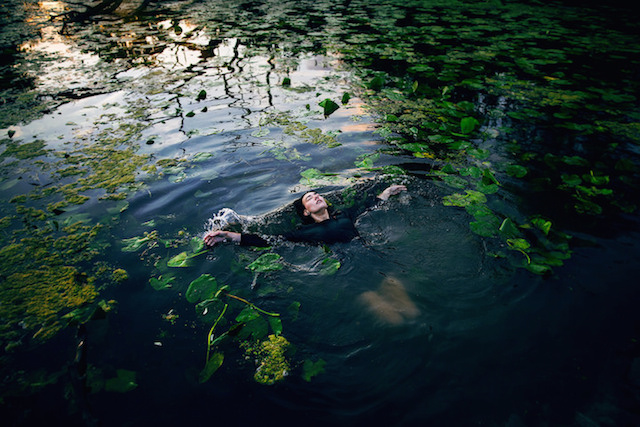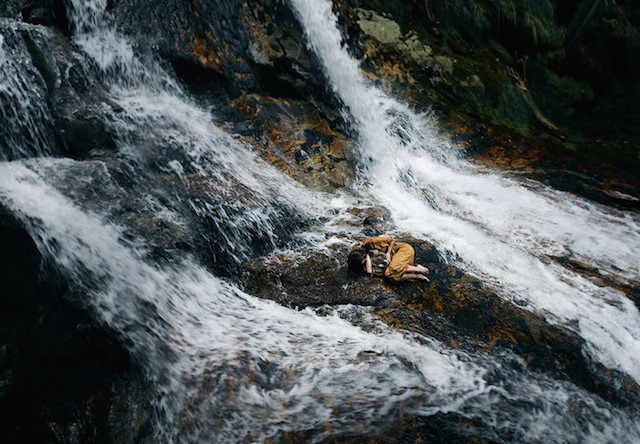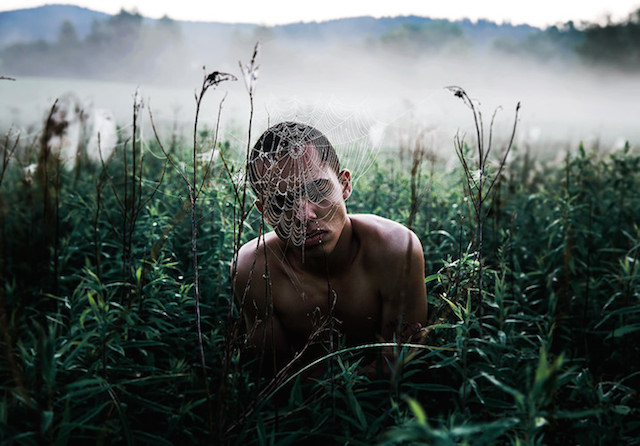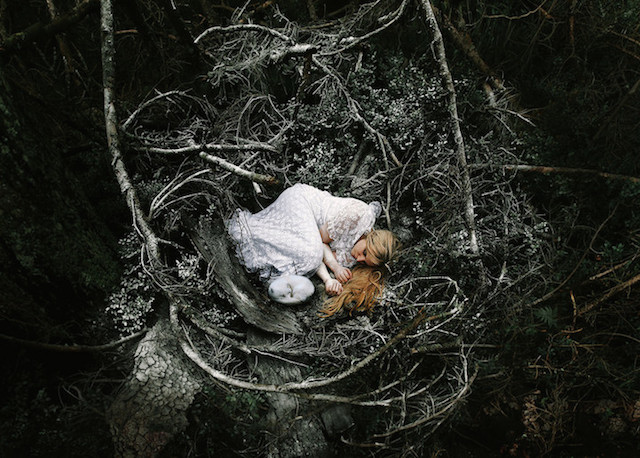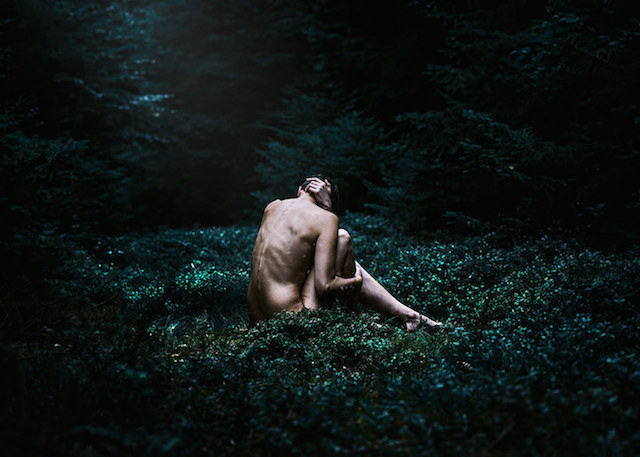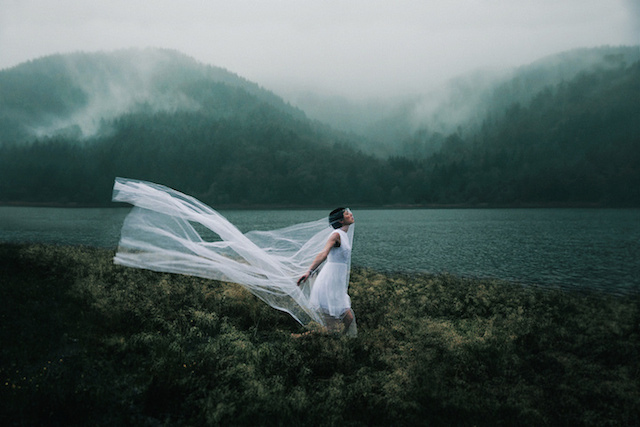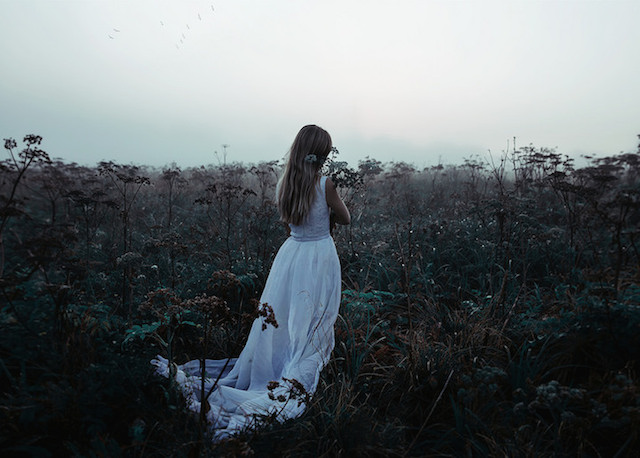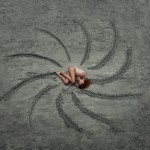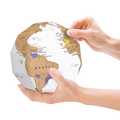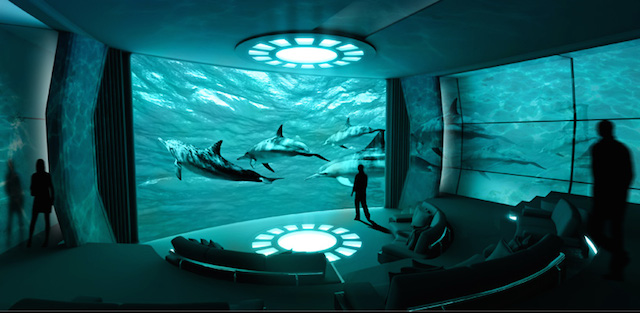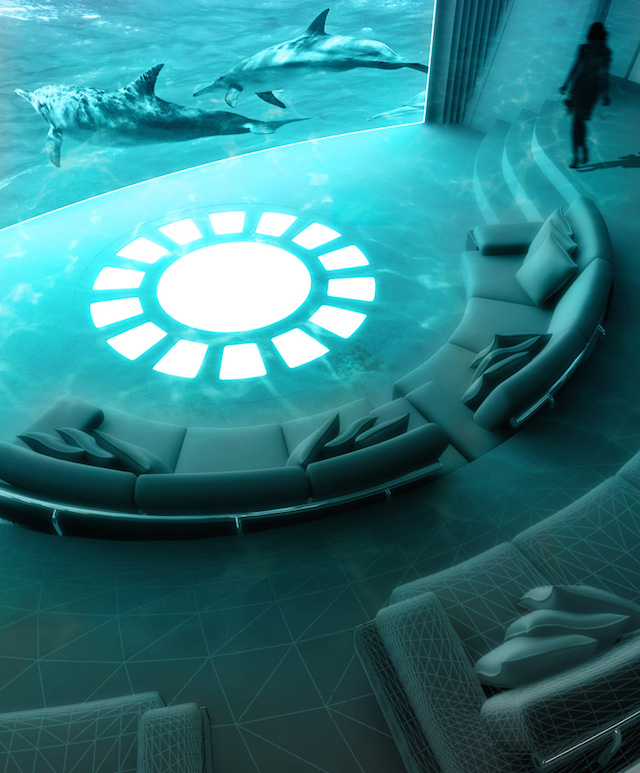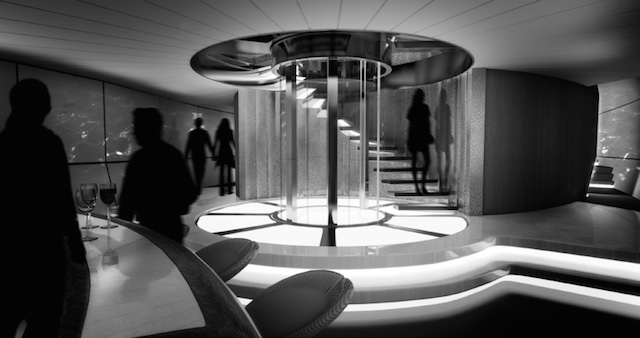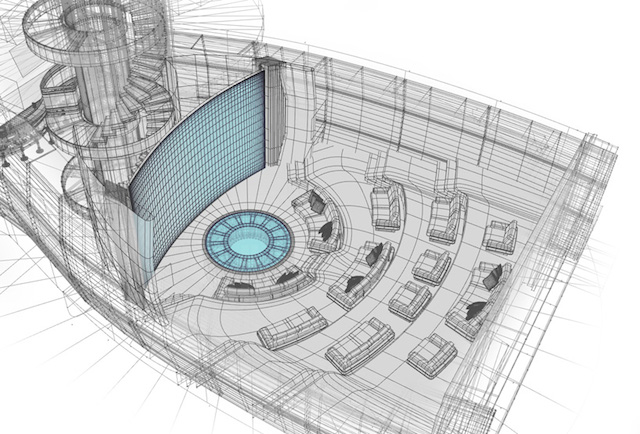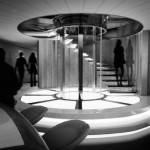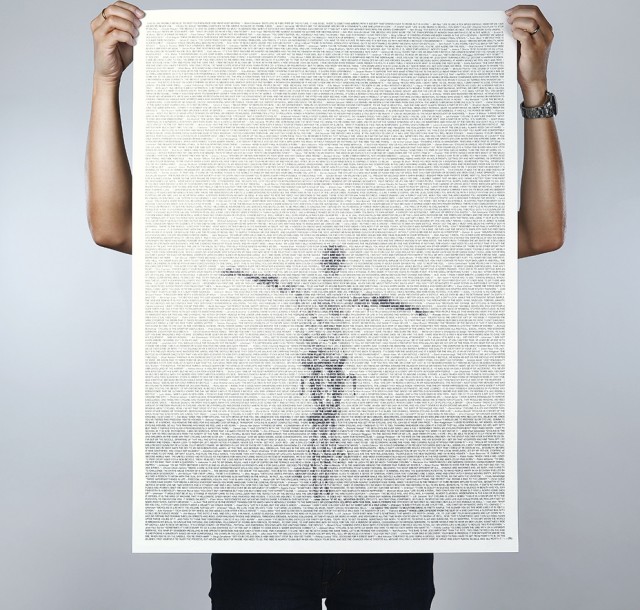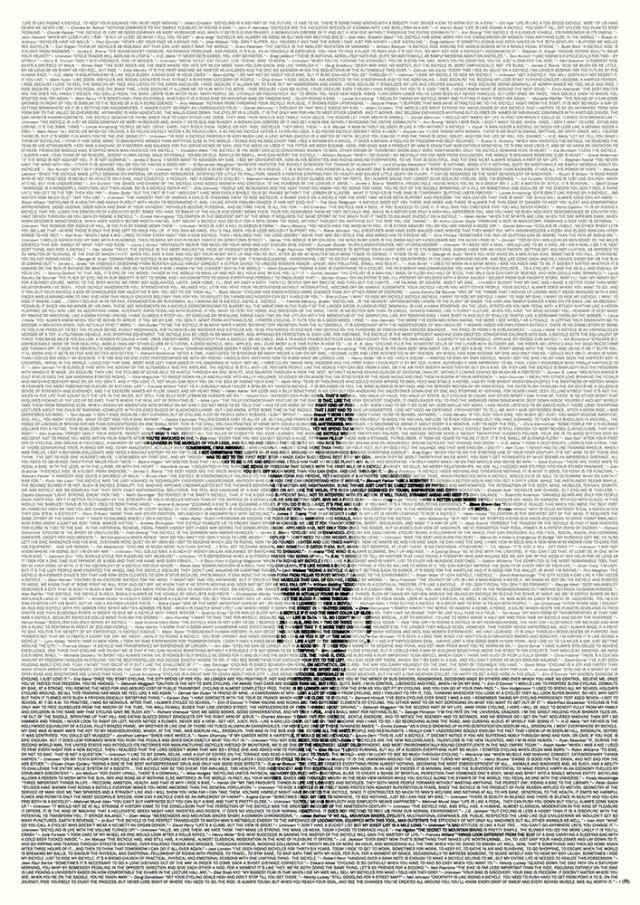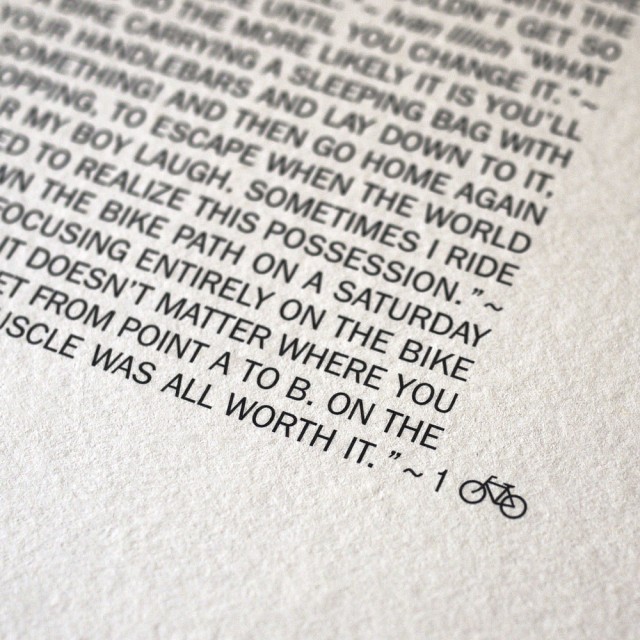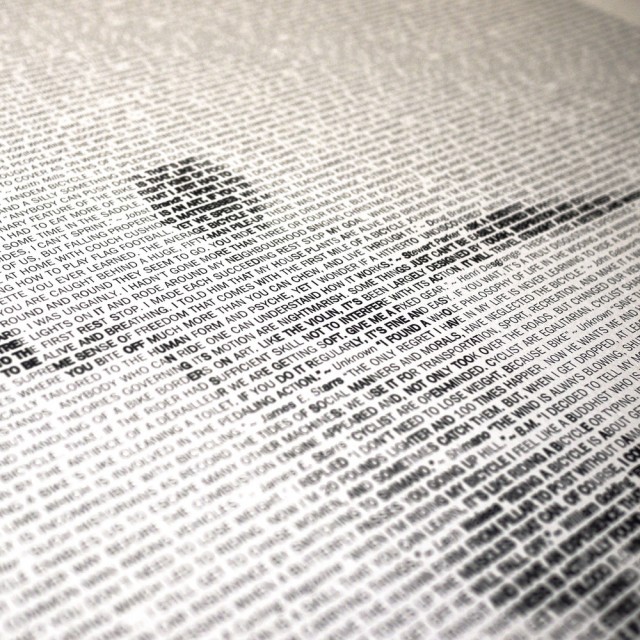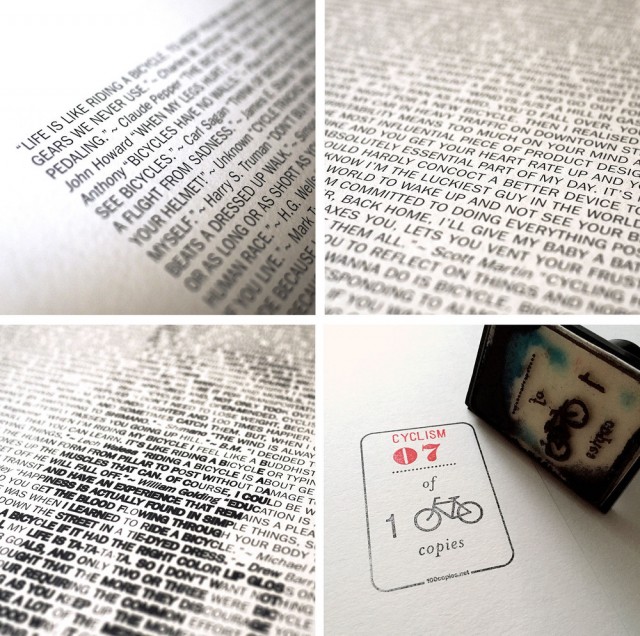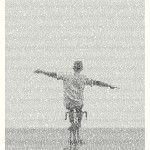
Your alarm rings, you take a shower, or maybe a bath if you’re time-rich, maybe you go unbathed if you’re time-poor. Then, the most treasured of modern drug-taking rituals: that morning cup of joe. You might brew it yourself, you might clump powdered whitener into a cup of instant crystals, or cough up a bill for an artisanal fair-trade cappuccino, or maybe even buy it at one of those chain shops with the interiors that strain to deliver the impression of comfort.
Regardless of the supply chain, the objective is clear: it’s time to down that sweet brown, wake the fuck up and get jacked for another big day of shit you have to do.
If you’re lucky, the caffeine will send your pituitary gland into a state of emergency and release a shot of adrenaline. That’s the rush. But if, like me, you’ve been rewiring your brain on the stuff for so long that you now need it just to feel normal, then you’ll just feel normal. Or perhaps more “awake”. That’s a word that gets tossed around.
Your brain is easily tricked into thinking caffeine makes you more awake, but the truth is far more revealing. As you go about your day, your body produces something called adenosine, which is a neuromodulator that, among other things, promotes feelings of sleepiness — the more adenosine produced, the more you clamor for the soft embrace of a cold pillow.
It just so happens that caffeine has a similar shape to adenosine, so it can bind to its receptors and suspend those feelings of sleepiness for a few hours with diminishing returns.
It is the world’s most popular psychoactive drug. And for good reason. Without caffeine, we would need to sleep more, and sleep is the enemy of capital.
In his book 24/7: Late Capitalism and the Ends of Sleep, Jonathan Crary argues,
Sleep is an uncompromising interruption of the theft of time from us by capitalism. Most of the the seemingly irreducible necessities of human life — hunger, thirst, sexual desire, and recently the need for friendship — have been remade into commodified or financialized forms. Sleep poses the idea of a human need and interval of time that cannot be colonized and harnessed to a massive engine of profitability, and thus remains an incongruous anomaly and site of crisis in the global present. In spite of all the scientific research in this area, it frustrates and confounds strategies to exploit and reshape it. The stunning, inconceivable reality is that nothing of value an be extracted from it.
Because sleep is a withering commodity, caffeine is a growth market. In the US alone, the energy drink market has grown 5000% since the turn of the century, and now does $27.5–billion worth of business per year globally. Colgate is attempting to patent caffeinated toothpaste. And if you’re not keen on oral applications, you can use a topical silicon caffeine spray.
But that old stalwart coffee still remains king of the delivery systems in not only the west, but the most sleep deprived place on earth: Tokyo, where an average resident sleeps a mere five hours and 44 minutes per night. A far cry from the recommended eight. So one might argue that it’s only natural that it’s also a city on the bleeding edge of caffeinated innovation.
One of the more naked attempts to package caffeine up is ON SWITCH/OFF SWITCH. A duo of canned coffee drinks recently released by Japanese beverage brand Georgia. The thinking behind the drink is that when you need to turn on your productivity, you drink ON SWITCH. When you need a moment of rest, you drink the OFF SWITCH. Only you will need to drink another ON SWITCH afterwards to get back to previous levels.
There’s just one little rub: The Off Switch doesn’t contain some magic sleep–inducing drug. It’s the same as the On Switch, only loaded with sugar.
So, much like an economy built on the myth perpetual growth, there is no off switch.
Read more on Adbusters.org
Source



